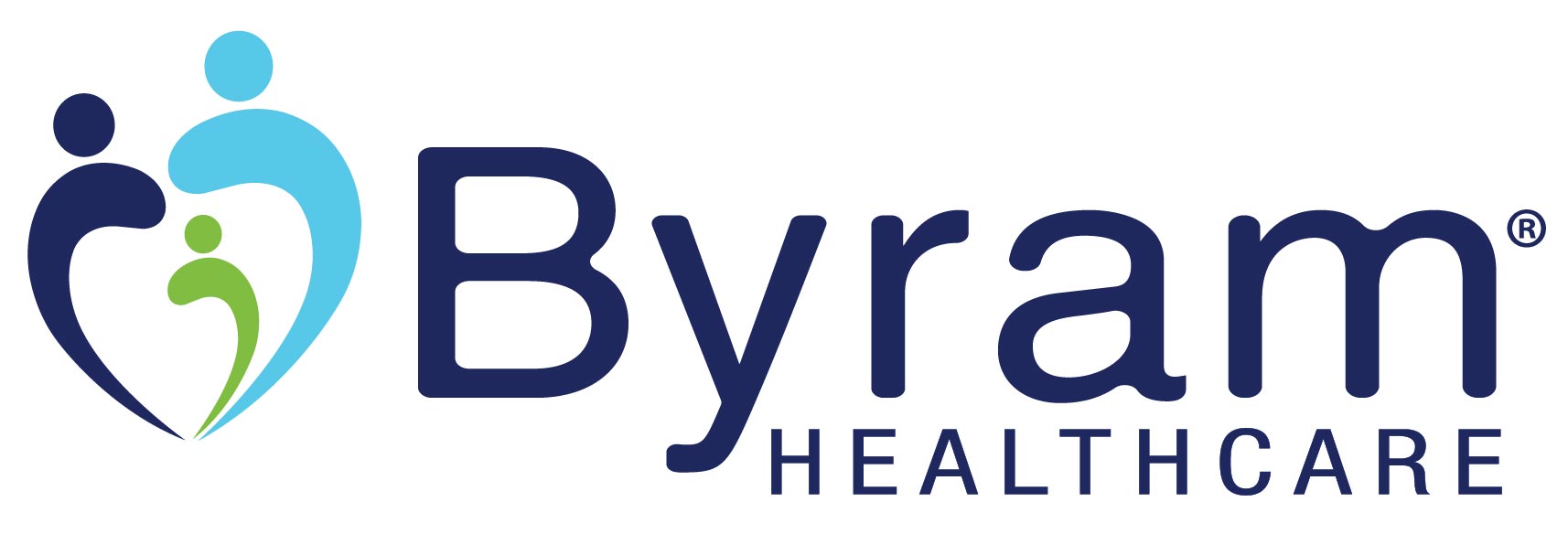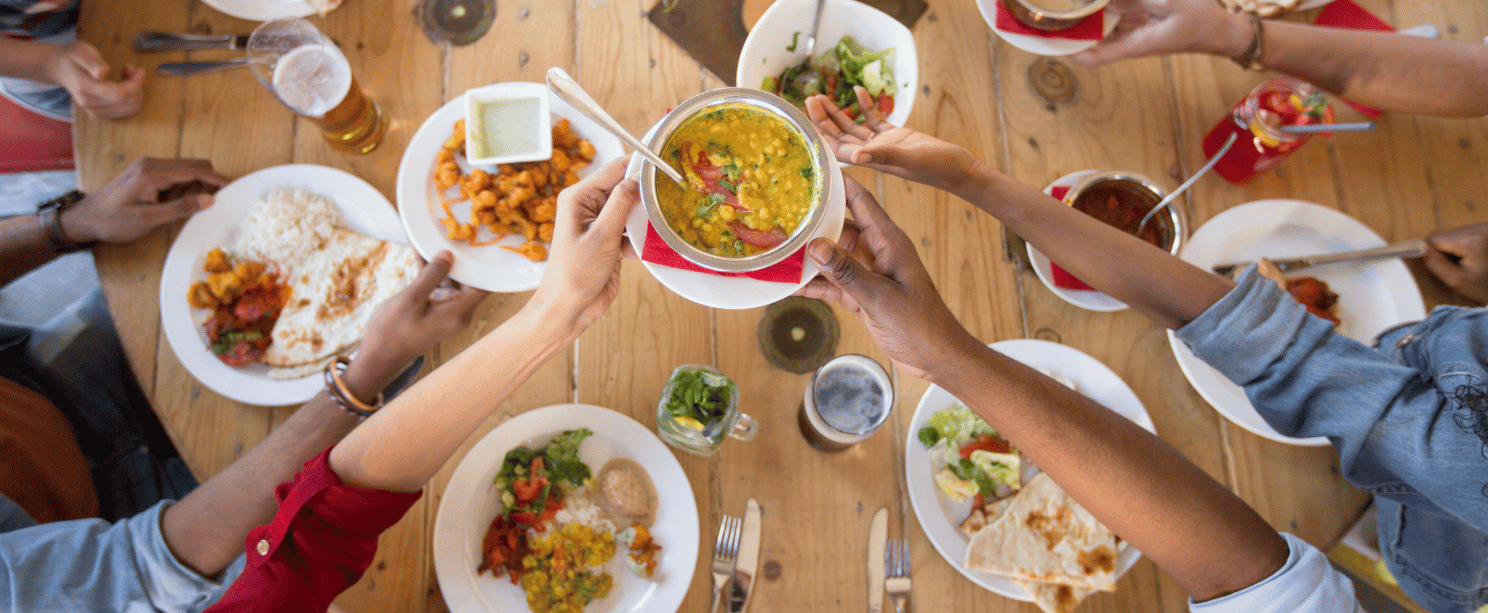
Since the first case of coronavirus was diagnosed in late 2019, we’ve continually learned more about it and how it affects people differently. Now, we understand that coronavirus is more serious for those with underlying medical conditions, including diabetes. In fact, early observations showed that about 25% of the people who were hospitalized with severe COVID-19 infections also had diabetes. People with diabetes tend to be at a higher risk for developing severe complications due to the effect of high blood sugar on the immune system. To make sure you’re taking the necessary precautions, we’re here to talk about what you need to know regarding coronavirus and diabetes.
What is Coronavirus (COVID-19)?
Coronavirus (COVID-19) is a novel coronavirus, which is a family of viruses that are usually quite common and easy to treat. However, COVID-19 is a mutation that has affected humans and has proven harder to treat than previous types. It originated in China and has spread to infect almost every single country in the world. We’re still trying to understand it to better treat those infected and work towards a vaccine, but with so many different symptoms, it’s proven to be difficult.
Symptoms and Warning Signs of COVID-19
Symptoms of COVID-19 range from severe pneumonia to a loss of taste and smell. If you notice any of the following symptoms or warning signs of COVID-19, doctors recommend that you stay home, rest, and seek out testing. Try to isolate yourself aside from your test day and avoid going out in public to reduce community transmission. Symptoms and signs of COVID-19 usually present themselves about 2-14 after exposure and include:
- Fever or chills
- Cough
- Shortness of breath
- Difficulty breathing
- Fatigue
- Muscle or body aches
- Headache
- New loss of taste or smell
- Sore throat
- Congestion
- Runny nose
- Nausea
- Vomiting
- Diarrhea
- Trouble breathing
- Persistent pain or pressure in the chest
- Confusion
- The inability to wake or stay awake
- Bluish lips or face
If you notice any of these signs or symptoms, call your doctor to get further steps on the best course of action. Diabetes makes respiratory illnesses more severe and you need to make sure you’re doing everything you can to stay healthy.
How to Reduce Your Risk of Exposure
To reduce your chances of contracting COVID-19, it’s important to wear a mask and maintain social distancing when in public places. Try to limit your circle to close friends and family and avoid congregating in large groups. Make sure you wash your hands often with soap and water for at least 20 seconds and use hand sanitizer when you’re unable to wash your hands. Remember that hand sanitizer is not a substitution and washing your hands is always better. Stay at least 6 feet away from others and always cover your mouth if you need to cough.
COVID-19 Risks for People with Diabetes
One thing that we want to clarify is that having diabetes does not mean that you’re more susceptible to contracting COVID-19. The risks of transmission are similar for people with diabetes as those without, however, if you contract it, it can be more serious. There are a few things that people with diabetes need to know about COVID-19. If you contract coronavirus, your risk of diabetic ketoacidosis will increase, and you will be at a higher risk for more serious cases of COVID-19.
A lot of people with diabetes are wondering whether or not they’re at a higher risk if they have type 1 or type 2 diabetes. Since COVID-19 is still fairly new, there isn’t enough research to definitively say whether or not the type of diabetes you have will contribute to certain complications. As we know, it has been reported that people with underlying medical conditions in general are at a higher risk for severe illnesses or complications associated with COVID-19. This includes type 1 diabetes, type 2 diabetes, and gestational diabetes. However, people with diabetes can vary in their risk factors—younger people and those who manage their diabetes well have a lower risk than those who are older or are poorly managing diabetes. Additionally, if you have any other diabetes-related health issues, you will likely be at a higher risk for complications from COVID-19. Regardless of which category you fall under, it’s important to take certain precautions that will reduce your chances of contracting COVID-19 and spreading it to others.
Precautions to Reduce your Risk of Complications
If you have diabetes and have been diagnosed with coronavirus, don’t panic. It does not necessarily mean that you’re going to end up in an intensive care unit. Everyone reacts to COVID-19 differently and the important thing is monitoring your symptoms and continuing to manage your diabetes well. Here are a few precautions to help you reduce your risk of complications from COVID-19 if you have diabetes.
Monitor Blood Glucose More Frequently
If you don’t feel well, make sure that you monitor your blood glucose levels more frequently. Illness makes it easy to forget to eat and drink, but it’s important that you’re keeping stable blood sugar levels to make sure your immune system is strong. High blood sugar has an impact on COVID-19. If you use a continuous glucose monitor, check it more often. If you’re using finger sticks, set your alarm to do this at increased intervals throughout the day. If you have high blood sugar spikes, you might need to take more insulin than usual, but always talk to your doctor if you have any concerns or questions.
Monitor Ketones More Frequently
You should also monitor your ketones more frequently to make sure that you’re not going into diabetic ketoacidosis. If DKA occurs, it can be fatal, so you need to do everything you can to maintain stable blood sugar levels and stay healthy.
Continue a Normal Schedule of Medications
If you’re on a regular schedule of medications, now is not the time to stray from that schedule. Continue to take your medications as you normally would so that your body doesn’t go into shock or produce dangerous side effects. Make sure that you understand the effects of over-the-counter drugs on your blood sugar if you need to take them while you’re sick and as always, contact your doctor or talk to a pharmacist if you’re unsure.
Stock up on Healthy Foods
If you want to be proactive, make sure that your home is always stocked with healthy foods that will help keep your carbohydrate intake up in a healthy manner. Get foods that are easy to eat on a queasy stomach so that you can maintain a healthy blood sugar level and take any medication that you may need.
Keep an Adequate Amount of Supplies
Just in case, always have enough of your diabetes supplies stocked in your home. When you’re sick, it can be difficult to leave the house and run errands. Keeping a few extra supplies on hand will allow you to focus on resting and recovering while properly managing your diabetes.
If you show any signs of diabetic ketoacidosis, it’s important to go to the hospital immediately. DKA can be fatal when untreated, so it’s not worth the risk. If you get sick stay home and rest and if your symptoms of coronavirus become severe and you have trouble breathing or persistent pain or pressure in your chest, seek medical help. Make sure that you familiarize yourself with the proper protocol so that you understand what you need to do before going to the hospital. Some places require that you call ahead and everywhere will require that you’re equipped with the proper personal protective equipment.
Conclusion
While many manufacturers are reporting that the current coronavirus pandemic has not had an effect on the impact of their ability to manufacture and distribute insulin products, it’s still a good idea to make sure that you have enough. While we don’t encourage hoarding or stockpiling, as this can create shortages for others who are in need, it is a good idea to have a little extra on hand. Again, please do not keep excessive amounts of supplies in your home and talk to your doctor if you have any questions or difficulties finding insulin. If you need any blood glucose meters or continuous glucose monitoring devices, Byram Healthcare has you covered. We’re proud to provide you with the latest technology in diabetes management, including continuous glucose monitoring. We’ll work with your insurance provider and doctor to ensure you’re supported from start to finish, maximizing your coverage while minimizing out-of-pocket expenses. For more information and added support on diabetes management, sign up for Byram Healthcare’s Caring Touch At Home™ Program. We focus on providing exceptional customer service and top-of-the-line brand name products while lowering your overhead costs. The Caring Touch At Home™ Program combines convenience, affordability, and choice to deliver extensive service and support to everyone living with diabetes.
For added support, don’t hesitate to get in touch with Byram’s Diabetes Center of Excellence—a one source, total solution for diabetes care. Our Center of Excellence combines high quality products with clinical and educational research to help you better manage your condition, support all of your needs, and live a long, healthy life.




